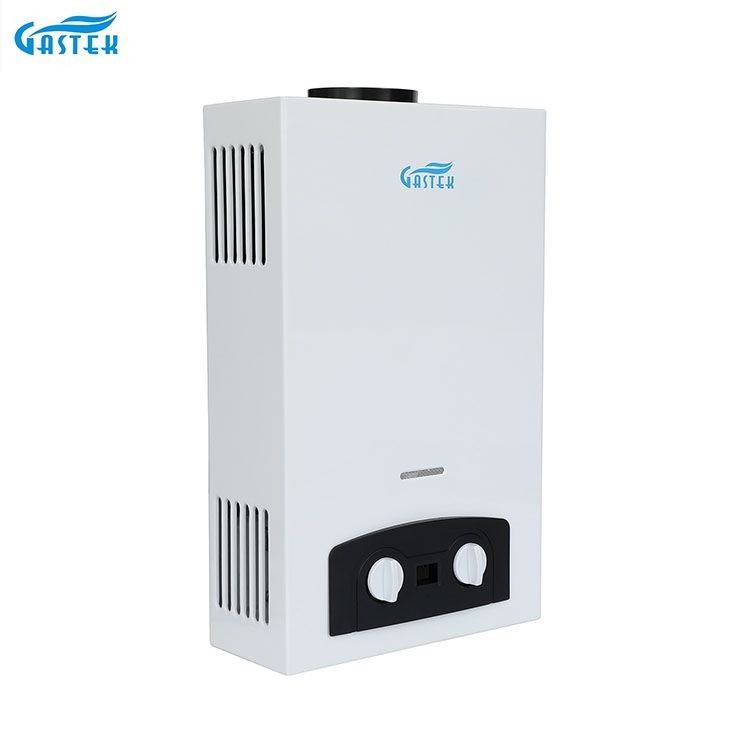There are two main types of gas water heaters
2023-11-30
A gas water heater is a device that uses a gas burner, typically fueled by natural gas or propane, to heat water for various domestic purposes. These water heaters are commonly used in residential, commercial, and industrial settings to provide a reliable and efficient source of hot water for activities such as bathing, cooking, cleaning, and space heating. There are two main types of gas water heaters: tank-type and tankless.
1. Tank-Type Gas Water Heater:
- Design: This is the more traditional type of gas water heater, consisting of a large insulated tank that stores and heats a specific volume of water.
- Operation: Cold water enters the tank, and a gas burner heats the water to the desired temperature. The heated water is then stored until it is needed.
- Capacity: Tank-type water heaters come in various capacities, typically ranging from 30 to 80 gallons or more.
- Recovery Rate: The recovery rate is the speed at which the water heater can reheat a specified amount of water within an hour.
2. Tankless Gas Water Heater:
- Design: Also known as on-demand or instantaneous water heaters, tankless models do not store hot water. Instead, they heat water on demand as it passes through the unit.
- Operation: When a hot water tap is turned on, cold water flows through a heat exchanger, and a gas burner heats the water to the desired temperature.
- Efficiency: Tankless water heaters are often more energy-efficient than tank-type models because they eliminate standby heat loss associated with keeping a large volume of water hot continuously.
- Space-Saving: Tankless models are generally more compact and can be wall-mounted, saving space compared to tank-type water heaters.
Key Considerations for Gas Water Heaters:
- Energy Efficiency: Look for water heaters with a high Energy Factor (EF) rating to ensure energy efficiency.
- Venting: Proper venting is essential for the safe operation of gas water heaters. Venting can be through a chimney or a direct vent.
- Size and Capacity: Choose a water heater with sufficient capacity to meet the hot water demands of your household or facility.
- Maintenance: Regular maintenance, including flushing the tank or descaling the heat exchanger (for tankless models), helps maintain efficiency and extend the lifespan of the unit.
- Safety Features: Gas water heaters include safety features such as a pressure relief valve and a thermostat to control water temperature.
- Installation: Installation should be done by a qualified professional to ensure safety and compliance with local building codes.
When selecting a gas water heater, it's important to consider the specific needs of your household or facility, energy efficiency goals, available space, and local regulations. Regular maintenance and proper installation contribute to the longevity and efficient operation of the water heater.



